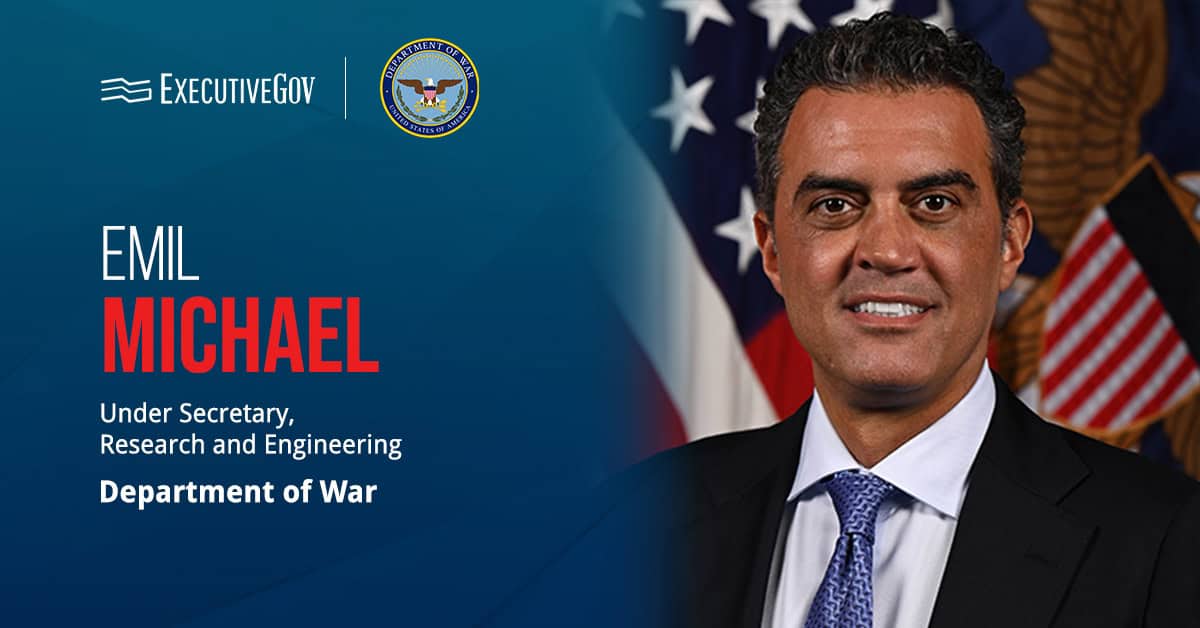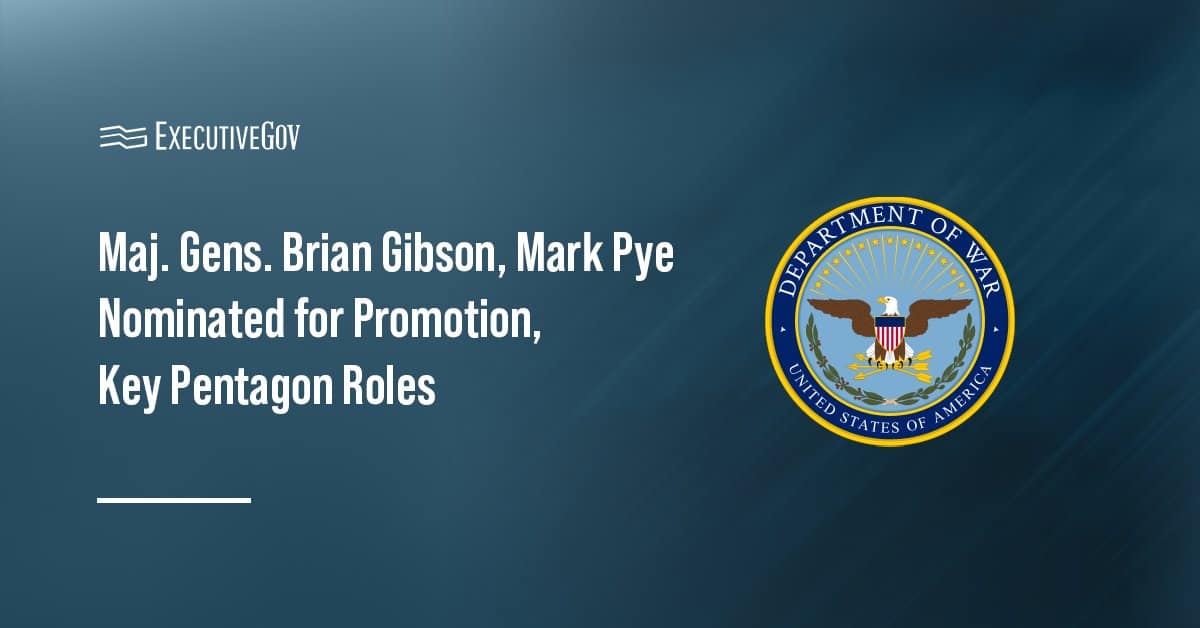Wally Adeyemo, formerly president of the Obama Foundation, has received Senate confirmation to serve as the Department of the Treasury’s deputy secretary. His professional record includes work that has supported U.S. national security and economic pursuits, Janet Yellen, secretary of the treasury said in a statement posted Thursday.
“He’s become a master of shuttle economic diplomacy, helping keep America’s economy strong at home and competitive abroad,” Yellen said about Adeyemo.
The newly confirmed Treasury executive was also the deputy national adviser and deputy director of the National Economic Council. Adeyemo was also a senior adviser for BlackRock, an investment management company.
Yellen said Adeyemo helped the Consumer Financial Protection Bureau rise up from the great recession.





